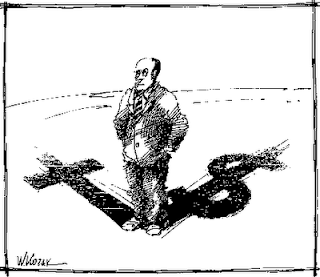Pagan Cultural Values in the Digital Society

The Christianization of Roman society, after the Edict of Milan in 313, made polytheistic religions stay restricted to small rural villages that were called "Pagus". Since then Christians began to call all those pagans who still retained polytheism. In its true sense, the term designates pagan polytheistic religions (religions who worship multiple gods and deities) and its cultural model. The term also applies to the pagan lifestyle of the people who do not accept the existence of a single creator God of all things, whose paradigm may be the Greco-Roman society and, somehow, some societies that emerged after the Renaissance movement . This "religion of the pagans" - in the words of historian Paul Orosio Hispanic (fifth century) - is characterized by conceiving gods according to the pattern, human needs and desires. Gods subject to the same vicissitudes, weaknesses and passions of men and women. Gods without theological coherence or moral standard and well-defin...
